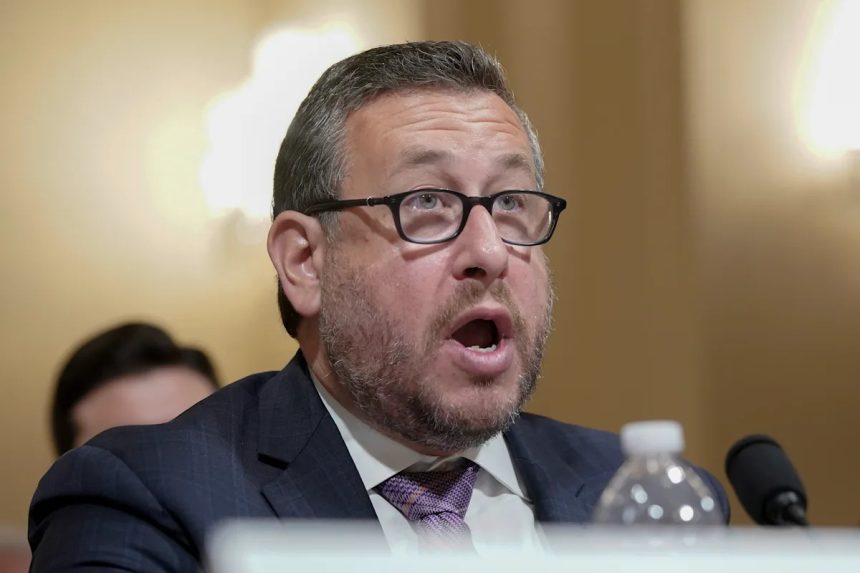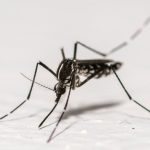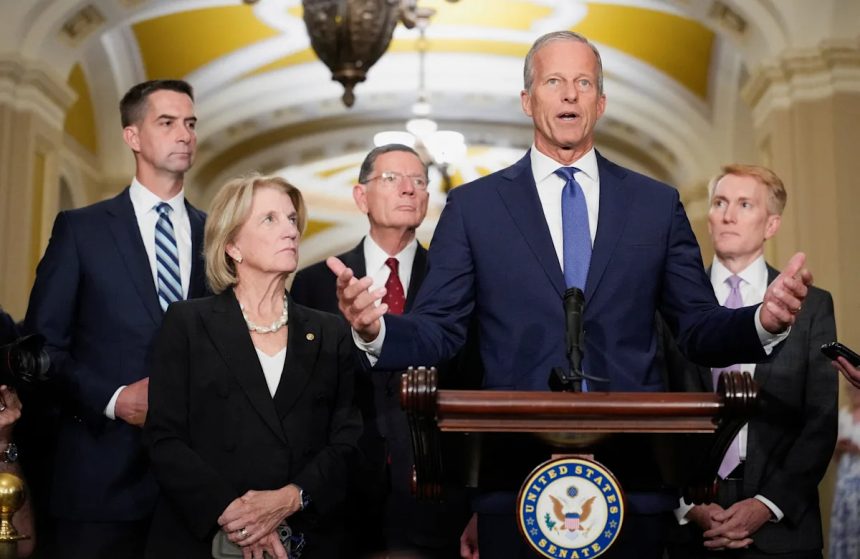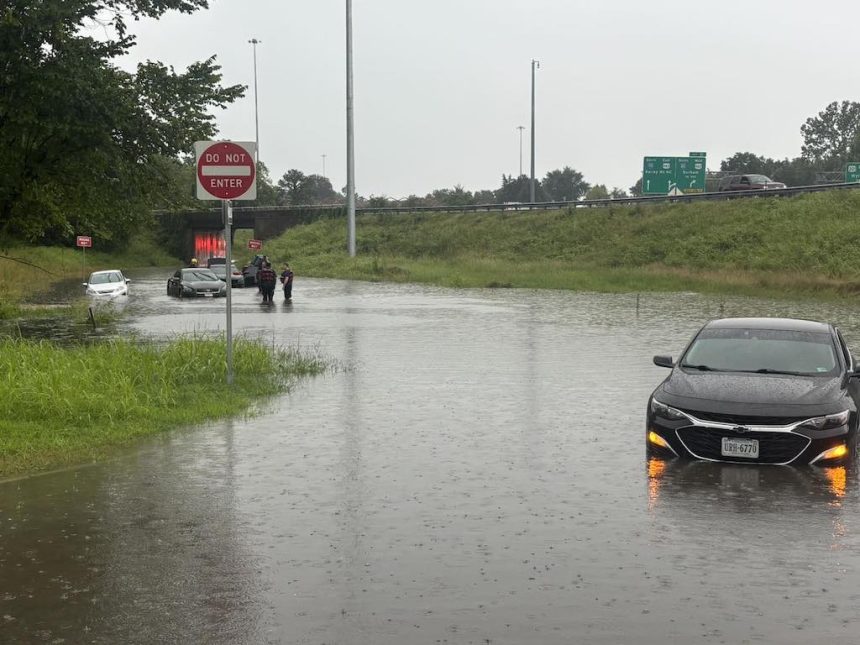The Trump administration said Tuesday it will begin to interview neighbors and colleagues of some immigrants applying for U.S. citizenship, restoring a practice that hasn’t been used since the George H.W. Bush administration.
In a policy memorandum dated Aug. 22, but released publicly Tuesday, the agency said it would end a longstanding waiver to a requirement for such personal investigations.
While the 1965 Immigration and Naturalization Act requires these neighborhood checks, the U.S. government hasn’t enforced that since the 1990s. Instead, U.S. officials have relied on the FBI to conduct background checks.
The change is the latest move by the Trump administration to add requirements or steps to the legal immigration process. In recent months, the administration has reduced the amount of time foreign nationals can stay in the United States on student visas and imposed new requirements on the diversity visa lottery requiring applicants to have valid passports at the time they submit their documentation. The administration has said its goal is to limit visa overstays and conduct proper scrutiny of migrants.
Joseph Edlow, the director of U.S. Citizenship and Immigration Services, said in a statement that “incorporating neighborhood investigations will help enhance these statutorily required investigations to ensure that we are meeting congressional intent.”
“Americans should be comforted knowing that USCIS is taking seriously it’s responsibility to ensure aliens are being properly vetted and are of good moral character, attached to the principles of the Constitution of the United States, and well-disposed to the good order and happiness of the United States,” Edlow added.
CBS News previously reported on the decision to reinstate the checks.
The agency added that it may also begin requiring applicants for U.S. citizenship to submit letters of recommendation from “neighbors, employers, co-workers, and business associates who know the alien and can provide substantiated information about the alien, including any of the requirements for naturalization.”
The memorandum said the agency will encourage applicants to submit these letters proactively and will consider the testimonials as part of its decision whether to conduct in-person checks of the applicant’s workplace and the surroundings of their home.













